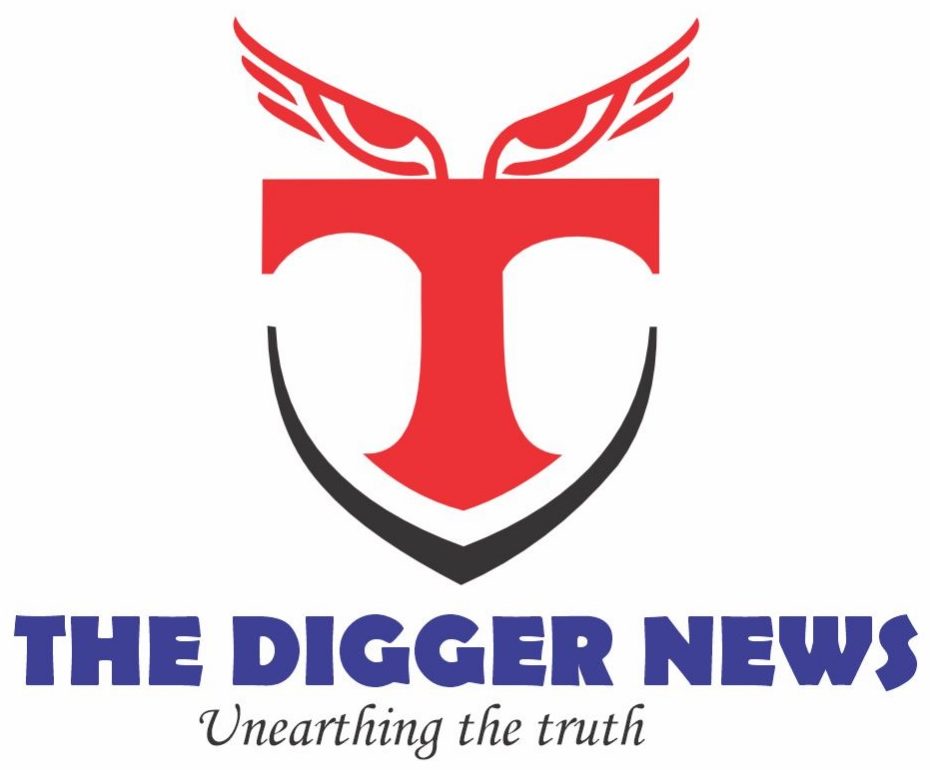For example, …the man maliciously accused, with a death threat, an innocent woman walking on the street of spite or rivalry with her ‘neighbour,’ despite her being a full-time housewife who had just given birth to a baby and was not even involved in any business. The threat almost chilled living out of the poor woman, …a sudden numbing dread for a postnatal mother dead cornered at a desolate space before the rash fellow later described himself as a prankster.
In Nigeria’s vibrant and diverse cultural landscape, pranksterism has become a notable phenomenon, capturing the attention of many, especially the youth. However, beneath the surface of laughter and entertainment lies a complex web of implications that warrant careful consideration.
The economic challenges plaguing the country have created an atmosphere of uncertainty and apprehension, making Nigerians’ lives increasingly stressful. Against this backdrop, the line between what constitutes an acceptable prank and what crosses into impropriety becomes blurred.
By their very nature, Pranks are meant to be lighthearted and humorous, often relying on unexpected twists or surprises to elicit laughter.
Yet, in a society where health issues such as hypertension are prevalent, the potential impact of ill-conceived pranks cannot be overstated.
A prank that is too intense or poorly timed can trigger serious health complications, turning what was meant to be a moment of levity into a medical emergency.
This reality underscores the need for pranksters to exercise caution and empathy, particularly in environments where stress levels are already high.
The cultural context of Nigeria plays a significant role in shaping attitudes towards pranksterism.
In a country where communal values and respect for elders are deeply ingrained, pranks perceived as disrespectful or insensitive can quickly sour relationships and create lasting rifts. Pranksters must navigate these cultural nuances carefully, ensuring their antics do not inadvertently offend or alienate their audience. This requires a deep understanding of the social fabric and a willingness to adapt one’s approach to the context.
Moreover, the economic hardships many Nigerians face add another layer of complexity to the prankster’s art.
When people are struggling to make ends meet, the last thing they need is a prank that exacerbates their stress or anxiety. Pranksters who fail to consider the economic realities of their audience risk being seen as out of touch or, worse, reckless.
This highlights the importance of empathy and awareness in pranksterism, whose goal should always be to entertain without causing undue harm or discomfort.
Propriety, in this context, becomes a crucial consideration for pranksters. It involves being mindful of the community’s norms, values, and expectations and adjusting one’s behaviour accordingly.
A prank that might be acceptable in a more relaxed or affluent setting could have disastrous consequences in a high-stress environment like Nigeria’s.
By prioritizing propriety, pranksters can help ensure that their actions are seen as entertaining rather than threatening or insensitive.
The responsibility lies squarely on the shoulders of the pranksters to gauge their audience’s tolerance and potential vulnerabilities.
This requires a level of emotional intelligence and social awareness that not all pranksters possess.
However, the rewards can be significant for those who do, as they can create humorous and respectful content, appealing to a broad audience without causing harm.
One of the challenges in balancing pranks and propriety is the subjective nature of humour. What one person finds funny, another might find offensive or distressing.
This variability underscores the need for pranksters to know their audience well and to tailor their pranks accordingly. This can be particularly challenging in a diverse country like Nigeria, where cultural, linguistic, and socioeconomic differences abound. Nonetheless, it is a challenge that must be met head-on if pranksterism is to thrive responsibly.
The potential consequences of failing to strike the right balance between prank and propriety can be severe. Beyond the immediate health risks, repeated exposure to poorly conceived pranks can erode community trust and goodwill.
Over time, this can lead to a backlash against pranksterism, stifling creativity and limiting the potential for positive engagement. It is in the interest of pranksters and their audiences to promote a culture of responsible pranksterism, where humour and respect go hand in hand.
In promoting this culture, it is essential to recognize the value of pranksterism as a form of artistic expression and social commentary. Pranks can highlight societal absurdities, challenge norms, and unite people in laughter when done well. The key is to ensure that the potential harms do not outweigh these benefits. By fostering an environment where pranksters are encouraged to be creative yet considerate, Nigeria can harness the positive potential of pranksterism while minimizing its risks.
Education and awareness are critical components of this effort. Nigeria can move towards a more balanced approach by educating pranksters about the potential impacts of their actions and raising awareness among the broader population about the importance of responsible pranksterism.
This involves pranksters and their immediate audiences and the wider community, including healthcare professionals, community leaders, and policymakers.
Ultimately, the future of pranksterism in Nigeria depends on its ability to adapt to the unique challenges and opportunities of the Nigerian context. By prioritizing propriety, empathy, and responsibility, pranksters can create entertaining and respectful content, bringing audiences joy and laughter without compromising their well-being or dignity.




